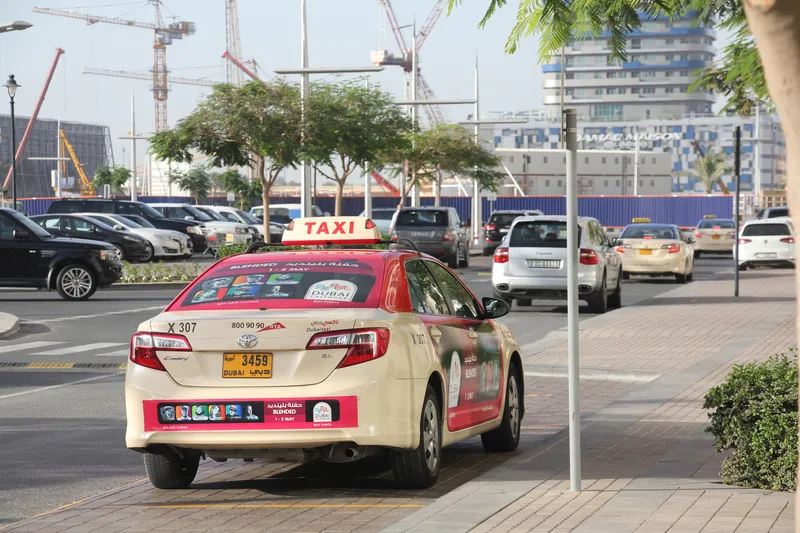Illinois Transportation Secretary Ann L. Schneider has kicked off a statewide digital message board campaign to help reduce roadway fatalities occurring this year. The Illinois Department of Transportation (IDoT) has started to rotate four key traffic safety messages daily starting, in conjunction with a social media and internet page presence. As of July 5, provisional crash data reports 479 fatalities have taken place on Illinois roadways this year, as compared to 418 during the same timeframe last year.
July 10, 2012
Read time: 2 mins
RSSIllinois Transportation Secretary Ann L. Schneider has kicked off a statewide digital message board campaign to help reduce roadway fatalities occurring this year. The 2030 Illinois Department of Transportation (IDoT) has started to rotate four key traffic safety messages daily starting, in conjunction with a social media and internet page presence. As of July 5, provisional crash data reports 479 fatalities have taken place on Illinois roadways this year, as compared to 418 during the same timeframe last year.
“We want all Illinois motorists to take a role in our fight against impaired and distracted driving, and strongly welcome the efforts of all concerned residents to help create awareness of the need to lower traffic-related fatalities,” said Secretary Schneider. “This inventive campaign is about using the resources at hand to help inform the public, save lives, and prevent crashes from occurring as much as possible. Simply stated, our goal is to drive zero fatalities to reality.”
IDOT’s statewide messaging boards are primarily reserved for emergencies such as Amber alerts or traffic incident management alerts relating to crashes, detours, lane closures, critical road construction or maintenance operation information. Emergency messages will take precedence over the traffic information campaign, along with information regarding travel times, special events, inclement weather alerts and traffic impacts. Traffic safety campaign messaging are to be posted during times when such emergency alerts are not required.
The agency has also created and featured a public-service announcement (PSA) on YouTube, showing the real-life aftermath of crashes. The PSA can be viewed here.
“We want all Illinois motorists to take a role in our fight against impaired and distracted driving, and strongly welcome the efforts of all concerned residents to help create awareness of the need to lower traffic-related fatalities,” said Secretary Schneider. “This inventive campaign is about using the resources at hand to help inform the public, save lives, and prevent crashes from occurring as much as possible. Simply stated, our goal is to drive zero fatalities to reality.”
IDOT’s statewide messaging boards are primarily reserved for emergencies such as Amber alerts or traffic incident management alerts relating to crashes, detours, lane closures, critical road construction or maintenance operation information. Emergency messages will take precedence over the traffic information campaign, along with information regarding travel times, special events, inclement weather alerts and traffic impacts. Traffic safety campaign messaging are to be posted during times when such emergency alerts are not required.
The agency has also created and featured a public-service announcement (PSA) on YouTube, showing the real-life aftermath of crashes. The PSA can be viewed here.








